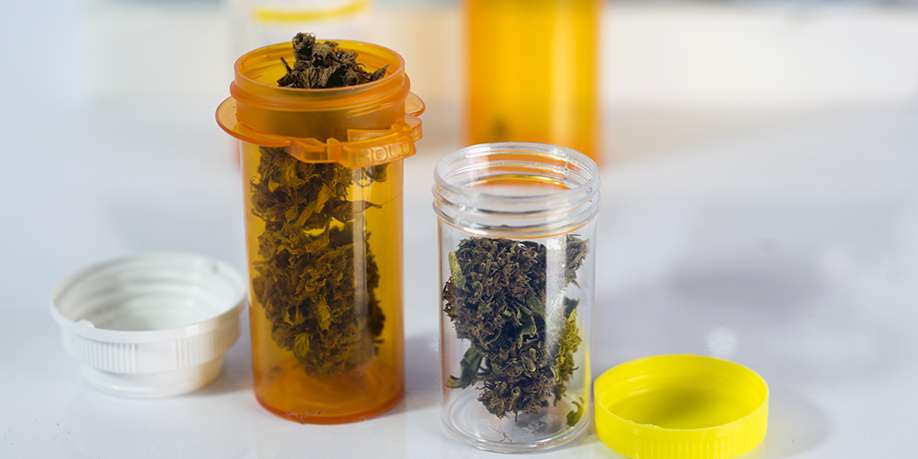
Cannabis (Marijuana) For People With Diabetes - Benefits and ComplicationsCannabis (Marijuana) For People With Diabetes - Benefits and Complications
  © William Casey | Dreamstime.com Cannabis. A controversial substance also known as marijuana that has been around for millennia and also has been the subject of many debates, scientific and not, for several years. Many people around the world use marijuana as a recreational drug, but multiple researches have shown that there is a strong potential for a medicinal use of the cannabis plant. In particular, people with diabetes and pre-diabetes can hope on the substance that over the last decade has been braking legal barriers towards common availability for the general population. As is well known, diabetes is a chronic condition that affects blood glucose regulation and can cause serious and even life-threatening complications affecting the heart, blood vessels, kidneys, and nervous system, among which are heart disease, increased risk of stroke and heart attack, eye damage (including blindness), pregnancy complications, nephropathy (kidney damage), sleep apnea, nerve damage (neuropathy), fungal or bacterial infections, feet damage that can lead to amputation, and Alzheimer’s disease. According to the publication of AAMC (the American Alliance for Medical Cannabis), marijuana can bring several significant benefits to people with diabetes by alleviating some of the symptoms of the disease. For instance, cannabis has an ability to stabilize blood sugars and to lower blood pressure over time, both of which are crucial for diabetics. Marijuana users tend to have better carbohydrate metabolism and higher insulin sensitivity than non-users. According to a study, scientists detected that the fasting insulin levels of marijuana users were 16% lower than those of former marijuana users and non-users. The levels of insulin resistance in people who use marijuana were also 17% lower than in people who do not use it. Furthermore, marijuana has an anti-inflammatory property that may help suppress some of the arterial inflammation that is common in people with diabetes. It contains anti-spasmodic agents that can help relieve muscle cramps and gastrointestinal pain. Cannabis can also help improve circulation by keeping blood vessels open. It possesses a neuroprotective effects, which may help prevent inflammation of nerves and decrease the pain caused by neuropathy by activating receptors in your brain and body. For that purpose, cannabis can be used in topical creams that can help with tingling in hands and feet associated with neuropathy. Besides, cannabis may contribute to calming diabetic RLS (restless leg syndrome) to improve the quality of sleep for diabetic patients. Marijuana comprises a variety of chemicals. Among them, there are more than a hundred cannabinoids – chemicals linked to THC (tetrahydrocannabinol), the psychoactive element in marijuana that makes a person “high.” A study that involved people with type-2 diabetes, who were not on insulin, showed that THC cannabinoid noticeably improved production of insulin, significantly reduced the fasting blood glucose, and also raised levels of adiponectin, which is a protein that regulates blood sugar. Another chemical in cannabis that is found beneficial for people’s health is CBD (cannabidiol). As opposed to THC, CBD is not a psychoactive substance as it does not make people “high,” but it has several medicinal uses. It can be found in oil supplements and lotions, as well as in foods and drinks. One of the complications of diabetes is diabetic retinopathy, which is caused by damage to the blood vessels of the retina – a light-sensitive tissue at the back of your eye. Diabetic retinopathy is the main cause of vision loss in diabetic people. The research conducted on animals suggested that 1 to 4 week long treatment of CBD significantly improves protection from diabetic retinopathy. Another benefit of marijuana is its ability to reduce the risk of obesity, which in its turn may decrease the risk of developing diabetes. According to a research, people, who use marijuana, are less likely to develop obesity than people, who do not use it. One more area where marijuana can come handy is the area if mental health. Cannabis has demonstrated its ability to treat a range of issues from anxiety to clinical depression, to post-traumatic stress disorder.
| |||||||||||||||||||||||||




























